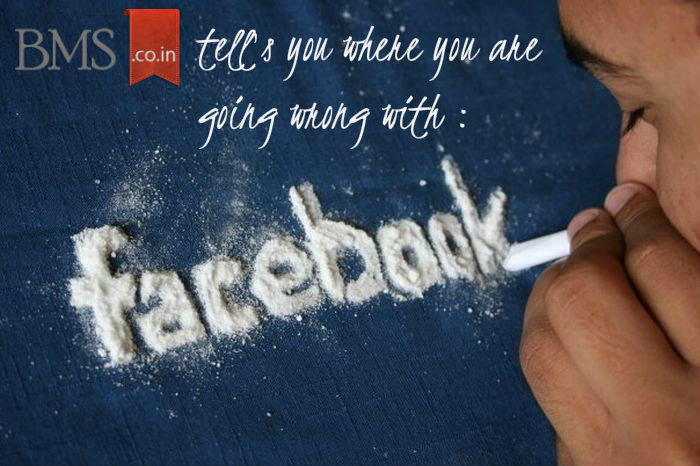The world of Social Networking has for sure made our world flat. With 80 percent of youth active on social networks, their social lives in real world are going through some changes.Today, it is very hard to find someone who does not have an account on “FACEBOOK” or “TWITTER”. The youth of today communicate in a whole new way. These social networking sites have become their platform to express their ideas and emotions. But does it only have negative effects or are there any positive effects as well?
Such Social Networking sites offer today’s youth a portal for entertainment and communication and they do have their pros and cons.
PROS/BENEFITS:
Socialization and Communication:
Enhancement of individual and collective creativity through development and sharing of artistic and musical endeavours; Growth of ideas from the creation of blogs, podcasts, videos, and gaming sites; Expansion of one’s online connections through shared interests to include others from more diverse backgrounds (such communication skills are important); and fostering of one’s individual identity and unique social skills.
Enhanced Learning Opportunities
Middle and high school students are using social media to connect with one another on homework and group projects. For example, Facebook and similar social media programs allow students to gather outside of class to collaborate and exchange ideas about assignments. Some schools successfully use blogs as teaching tools, which has the benefit of reinforcing skills in English, written expression, and creativity.
Every coin has two sides. Similarly, things that have a positive effect have negativities too.
CONS/NEGATIVE EFFECT
Cyberbullying and Online Harassment
Cyberbullying is deliberately using digital media to communicate false, embarrassing, or hostile information about another person. It is the most common online risk for all teens and is a peer-to-peer risk.
Although “online harassment” is often used interchangeably with the term “cyberbullying,” it is actually a different entity. Online harassment is not as common as offline harassment, and participation in social networking sites does not put most children at risk of online harassment. On the other hand, cyberbullying is quite common, can occur to any young person online, and can cause profound psychosocial outcomes including depression, anxiety, severe isolation, and, tragically, suicide.
Facebook Depression
Researchers have proposed a new phenomenon called “Facebook depression,” defined as depression that develops when preteens and teens spend a great deal of time on social media sites, such as Facebook, and then begin to exhibit classic symptoms of depression. Acceptance by and contact with peers is an important element of youth life. The intensity of the online world is thought to be a factor that may trigger depression in some youths. As with offline depression, preadolescents and adolescents who suffer from Facebook depression are at risk for social isolation and sometimes turn to risky Internet sites and blogs for “help” that may promote substance abuse, unsafe sexual practices, or aggressive or self-destructive behaviours.
No doubt, Social Networking Sites are of great help in the youth’s daily life; however, it has positive and negative effects which depend on how a person utilizes it. Social Networking Sites can benefit us in numerous ways and that it can make life easier for us; however, we should keep in mind that everything in life should be taken in moderation —in this case, done in moderation.
– By Harshali Amin




42 Comments